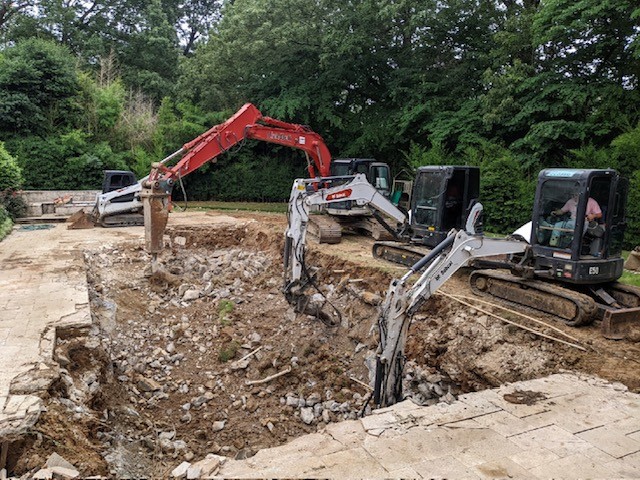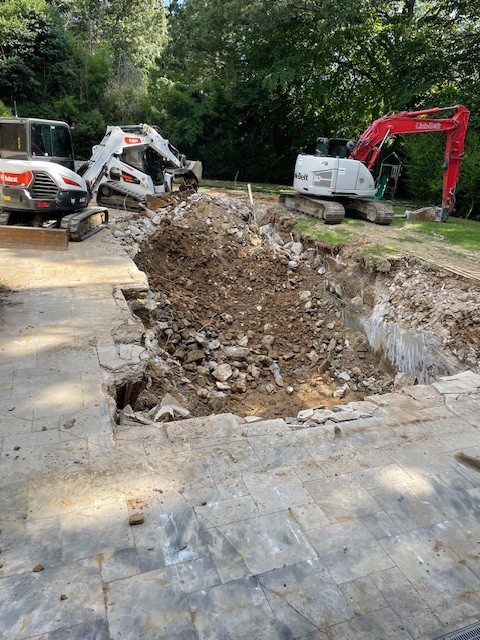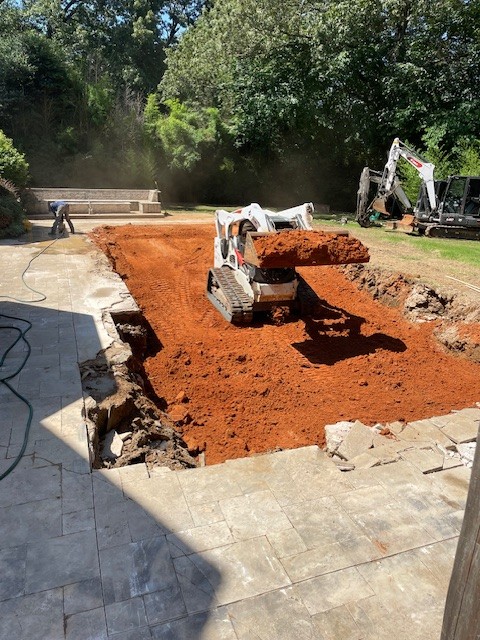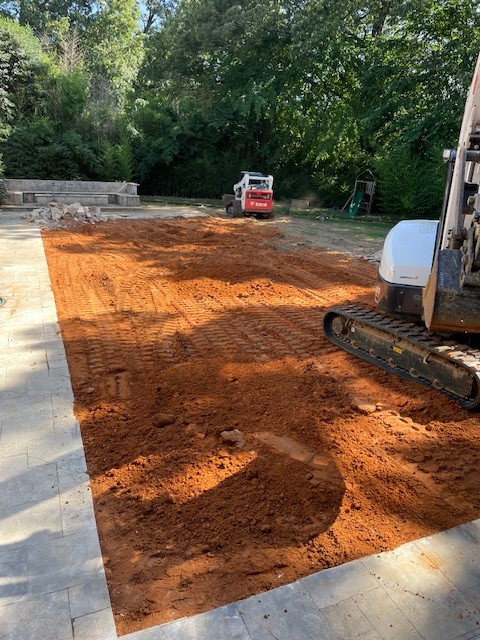Sponsored results
East Shelby Demolition and Pool Removal
Based in Olive Branch and proudly serving the region since 2000, East Shelby Demolition & Pool Removal is your locally-owned source for residential demolition and pool... more
All "Commercial Demolition" results near me in Selmer, TN - February 2026
East Shelby Demolition and Pool Removal
Based in Olive Branch and proudly serving the region since 2000, East Shelby Demolition & Pool Removal is your locally-owned source for residential demolition and pool... more
Demolition Depot LLC
If you're in need of reliable and affordable residential or commercial demolition services throughout West Tennessee, look no further than Demolition Depot LLC. Our team... more
Nearby Places for Commercial Demolition
Commercial Demolition Tips for Selmer, TN
How is commercial demolition done?
The most common method for commercial demolition is mechanical demolition—the kind performed with heavy machinery, like excavators, bulldozers, wire rope pulls, wrecking balls, etc.
This equipment requires qualified professionals, and they can create quite a bit of noise and mess. Lots of dust, vibrations, airborne debris, and more are just some of the things that come with mechanical commercial demolition.
The heavy machinery is used to tear down the structure as efficiently and safely as possible while minimizing public health risks.
Who can perform commercial demolition?
Under the Asbestos Hazard Emergency Response Act, any contractor, supervisor, worker, inspector, or otherwise that works with asbestos-containing building materials in a commercial building must be accredited by the EPA Model Accreditation Plan or by an equally rigorous training program.
In addition, because commercial demolition requires great care and knowledge, it shouldn't be taken on by just anyone. With Hometown Demolition, you can get quotes from as many contractors in your areas as you'd like. You can read their company profiles, see what other customers have to say about their services, and more.
Read on: Commercial Demolition FAQs: Your Biggest Questions Answered



